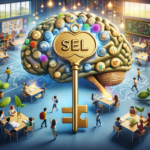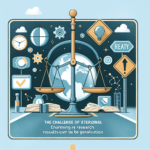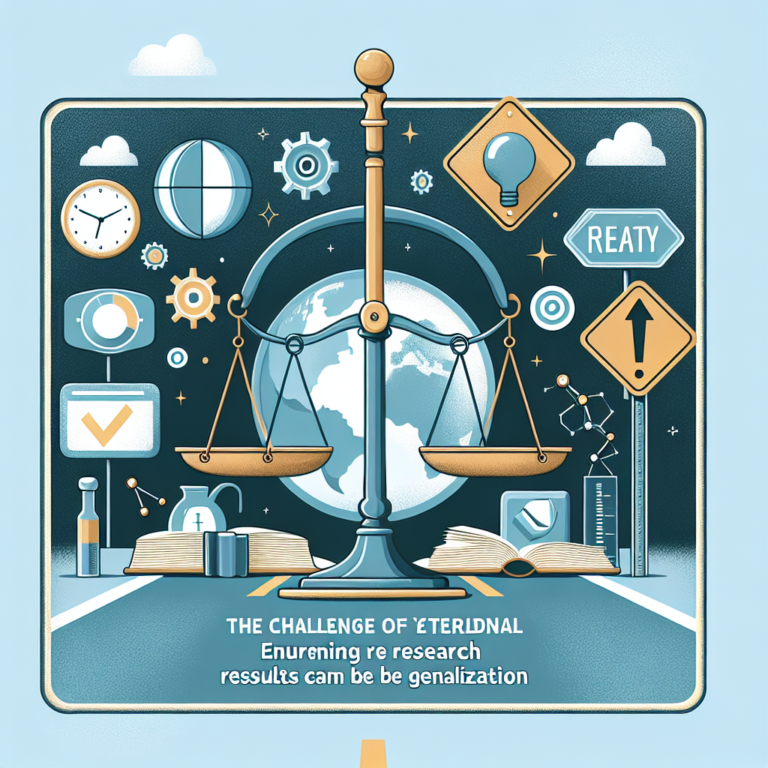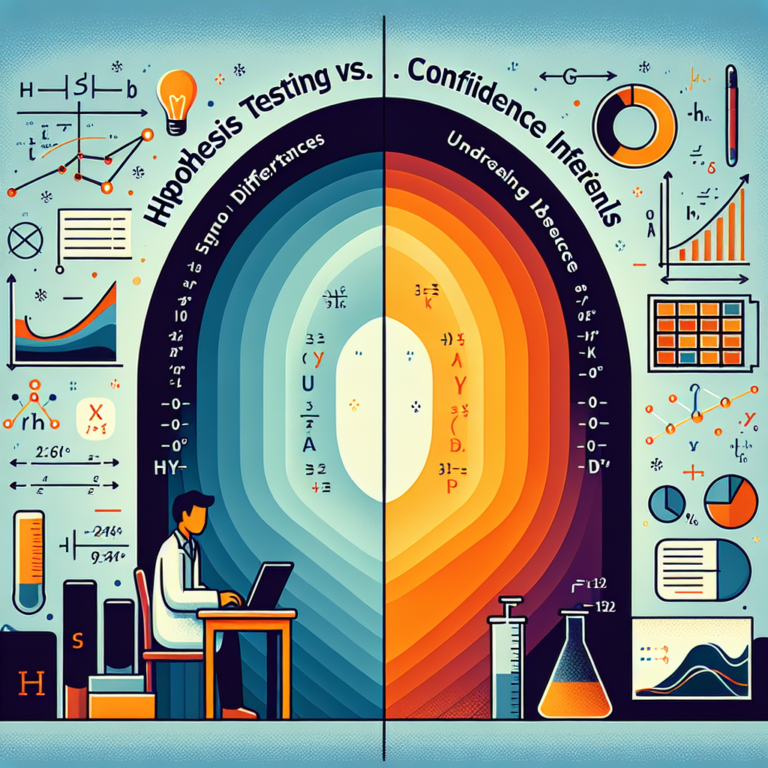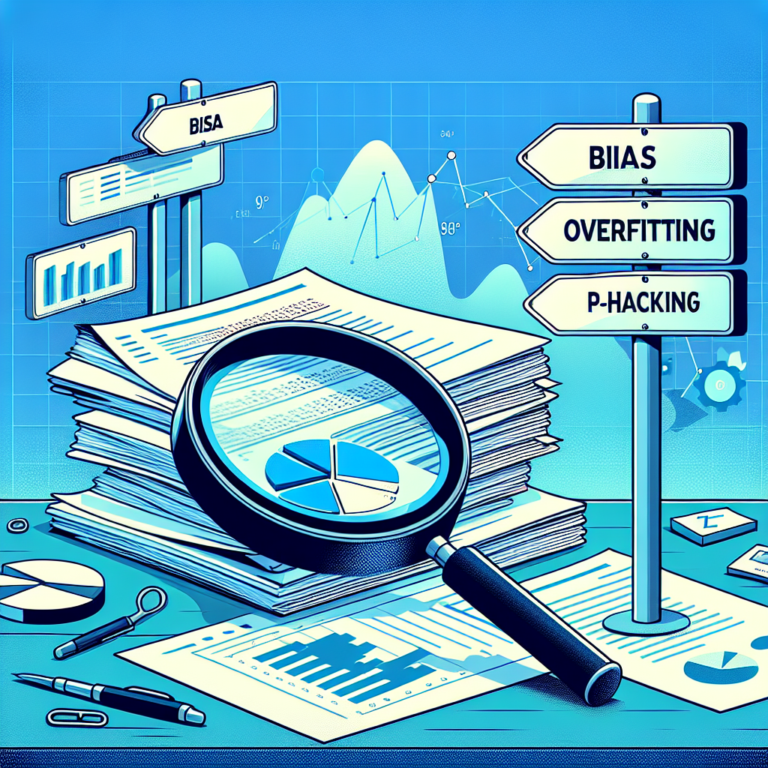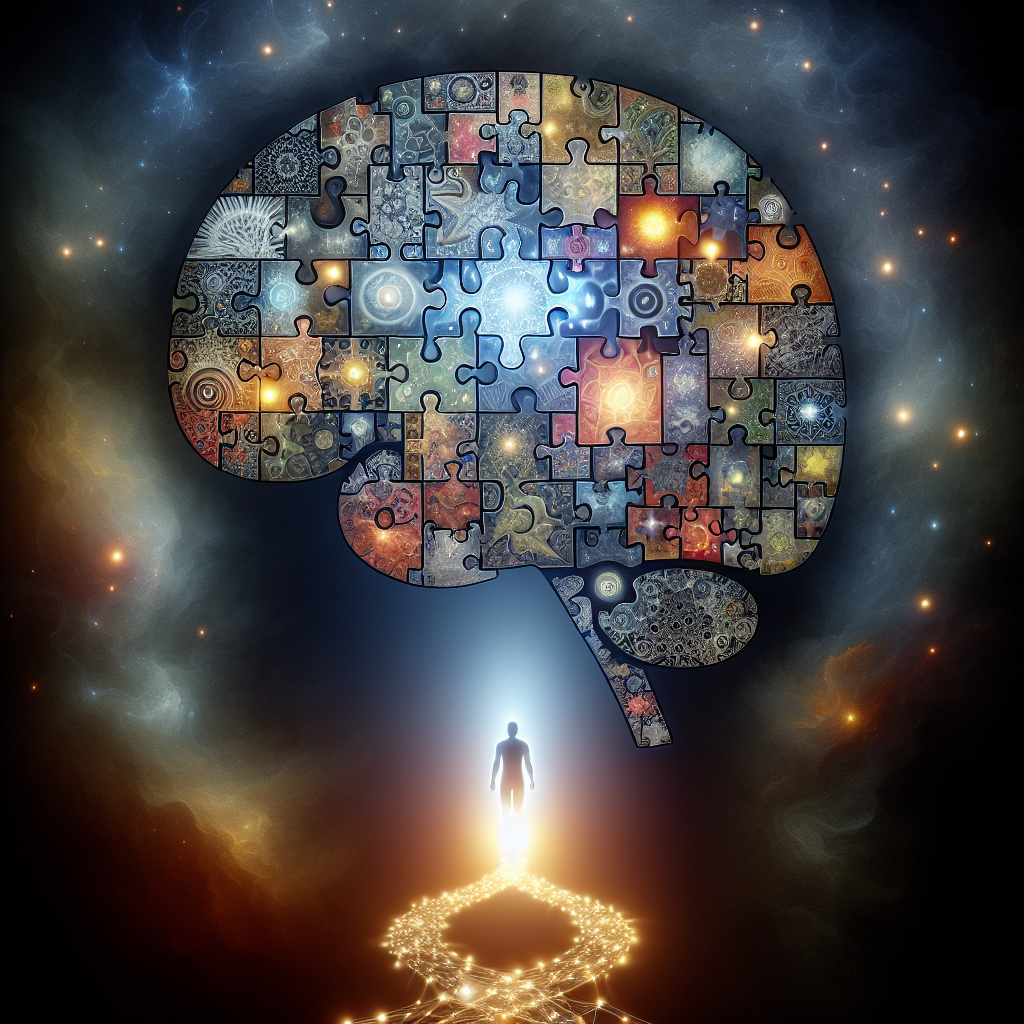
Introduction
Imagine the warmth of a family dinner, the laughter shared with friends, or the thrill of your first concert. These moments don’t just fade into oblivion; they shape who we are. This phenomenon is the essence of Episodic Memory: How Our Memories Shape Identity and Experience. Our episodic memories—the personal experiences that we recall vividly—play a crucial role in forming our identity and influencing our everyday lives. Understanding this intricate relationship between memory and identity can empower us to connect more deeply with ourselves and others.
Understanding Episodic Memory
Episodic memory is a type of long-term memory that allows individuals to recall specific events from their lives, complete with contextual details such as time and place. Unlike semantic memory, which is about facts and general knowledge, episodic memory involves personal experience and emotion, making it integral to our self-identity.
The Science Behind Episodic Memory
Episodic memories are stored in the brain’s hippocampus, alongside the neocortex, which plays a role in consolidating these memories. When we experience something significant, our brain encodes the event, allowing for retrieval later. Neurotransmitters like dopamine and norepinephrine facilitate this encoding, particularly during emotionally charged experiences.
How Episodic Memory Shapes Identity
Through our episodic memories, we weave the narrative of our lives. Each memory adds a thread to the tapestry of who we are. For example, the memory of graduating from school not only signifies academic achievement but also shapes our self-perception as someone who is capable and successful.
Case Study: The Role of Memory in Identity Formation
Case Study Example: Consider a woman named Sarah who, upon reflecting on her childhood memories, recognizes the impact of her family’s support during tough times. These memories shape her identity as someone resilient and fostered her desire to become a counselor.
Analysis: Sarah’s episodic memory of familial support leads to a profound understanding of her strengths and weaknesses. This memory directly influences her vocational path, showcasing how episodic memory informs entire life choices and personal development.
The Emotional Weight of Memories
Episodic memories are often infused with emotions, making them potent building blocks of identity. Our feelings at the time of an experience can enhance the memory’s vividness and recall. This phenomenon explains why some memories stand out more than others; the more emotionally charged a moment is, the more likely we are to remember it.
Emotional Memory and Identity
Research shows that emotionally charged events activate brain regions tied to memory. This emotional resonance makes it easier to recall significant life events, further intertwining our sense of self with these moments.
Memory Distortion and Identity Crisis
While episodic memories can contribute positively to our sense of identity, they are not infallible. Memory distortion can occur, leading to altered perceptions of past events. Sometimes, our beliefs about ourselves can be influenced by misremembered events, potentially leading to identity crises.
Case Study: The False Memory Phenomenon
Case Study Example: A man named John recalled a family vacation that never happened. His family rarely traveled, but through repeated discussions about travel, John convinced himself of a fabricated memory.
Analysis: This case showcases how narratives create false memories. Such distortions reveal the fragility of memory and its role in self-identification, emphasizing the necessity of critical reflection on our recollections.
The Targeted Use of Memories for Growth
Our understanding of episodic memory does not merely serve to validate our identities but also encourages personal growth. Remembering and reflecting on past experiences can foster resilience and inspire positive behavior change. This concept is vital in fields such as psychotherapy and personal development.
Memory-Based Therapy Approaches
Therapeutic approaches often leverage memory, focusing on recalling positive experiences or re-evaluating painful memories. This process is designed to empower individuals and facilitate healing.
Table: Therapeutic Approaches Utilizing Episodic Memory
| Approach | Description | Target Outcome |
|---|---|---|
| Narrative Therapy | Reconstructing life stories | Enhanced self-understanding |
| Cognitive Behavioral Therapy | Challenging negative memory patterns | Improved cognitive outlook |
| Exposure Therapy | Facing recalled fears to desensitize | Reduced anxiety and fear responses |
The Ripple Effect of Shared Memories
Episodic memory can extend beyond the individual. Shared memories within social groups solidify connections, shaping group identity and creating shared narratives.
Collective Memory and Identity
Collective memory influences societal identities. For instance, national holidays often commemorate shared events, helping individuals feel a sense of belonging.
Case Study: Memory in National Identity
Case Study Example: The USA’s Fourth of July celebrations are rooted in the collective memory of independence and freedom, shaping American identity.
Analysis: Shared memories help bond communities and reinforce societal values. The collective nature of these memories can foster a sense of unity that transcends individual experiences.
Practical Applications of Episodic Memory
Understanding the significance of episodic memory can aid in educational settings, therapy, and even business environments. By harnessing the power of memories, we can encourage learning, foster teamwork, and develop leadership skills.
Memory Techniques for Learning
Various techniques leverage episodic memory to enhance education:
- Storytelling: Integrating narratives into lessons can make information memorable.
- Visualization: Encouraging students to visualize stories can enhance recall.
- Experiential Learning: Hands-on activities create personal experiences that are often remembered more vividly.
Business and Leadership
Leaders who draw upon shared experiences or stories can foster team cohesion. Establishing a narrative rooted in the company’s history can enhance employee engagement and investment in corporate identity.
Conclusion
In summary, Episodic Memory: How Our Memories Shape Identity and Experience reveals the profound impact our personal memories have on our identities and experiences. By understanding how we store, recall, and sometimes distort memories, we can cultivate a healthier self-identity, foster deeper relationships, and embrace personal growth. As we continue to navigate our lives, let us cherish our memories, reflect on their significance, and use them as guiding lights in our journey of self-discovery.
FAQs
What is episodic memory?
- Episodic memory is the ability to recall specific personal experiences, including contextual details like time and place.
How does episodic memory influence identity?
- Our episodic memories contribute significantly to our self-perception and decision-making, shaping how we view ourselves and our place in the world.
Can memories be distorted?
- Yes, memories can be influenced by narratives and emotions, leading to distorted recollections that might affect our identity.
How can we enhance our episodic memory?
- Techniques such as storytelling, visualization, and experiential learning can help strengthen our recall of personal experiences.
- What is the role of collective memory?
- Collective memory fosters a shared identity among groups, reinforcing connections and common values through shared experiences.
This guide serves as both an informative article and a resource for readers eager to delve deeper into the complexities of episodic memory. Remember, every experience is an opportunity to craft your identity—make it a meaningful journey!

